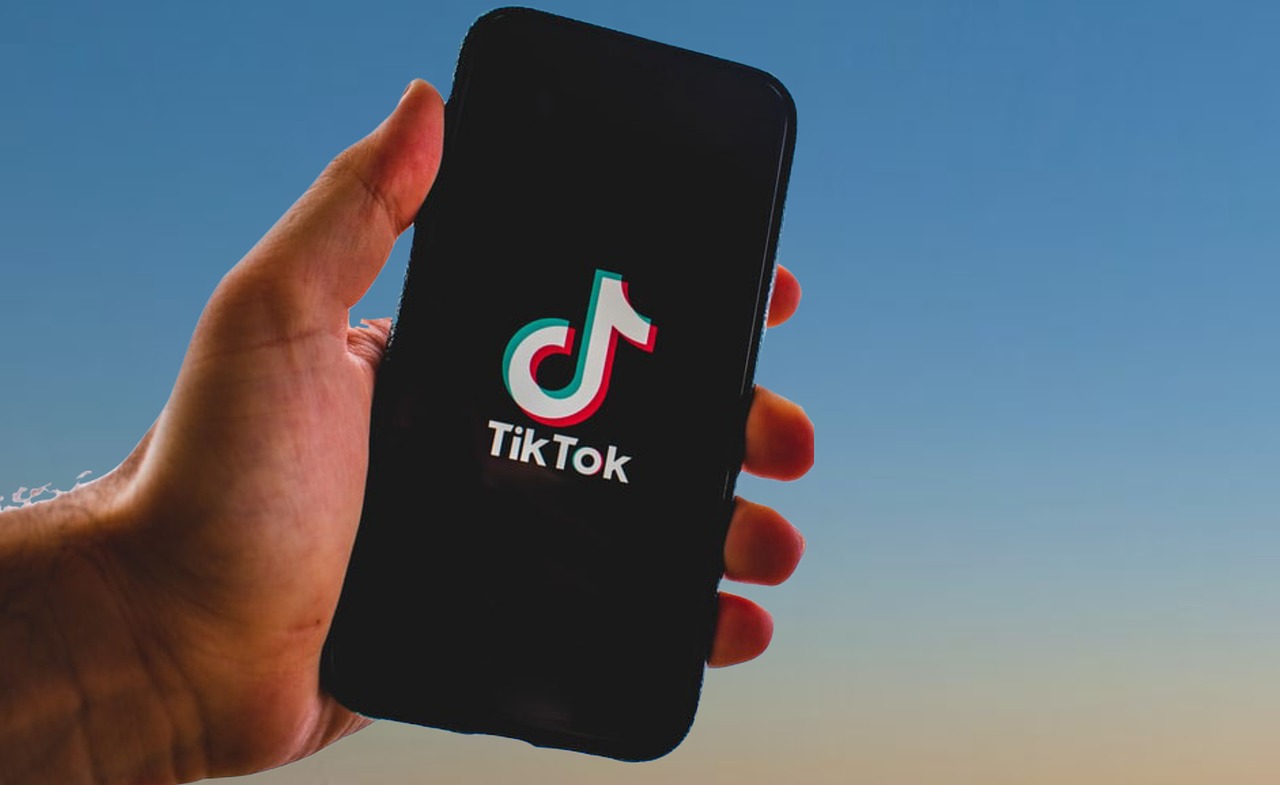Many small businesses in the US are facing a sharp rise in cyber attacks, yet large numbers still try to manage the risk on their own.
A recent survey by Guardz found that more than four in ten SMBs have already experienced a cyber incident, while most owners believe the overall threat level is continuing to increase.
Rather than relying on specialist teams, over half of small businesses still leave critical cybersecurity tasks to untrained staff or the owner. Only a minority have a formal incident response plan created with a cybersecurity professional, and more than a quarter do not carry cyber insurance.
Phishing, ransomware and simple employee mistakes remain the most common dangers, with negligence seen as the biggest internal risk.
Recovery times are improving, with most affected firms able to return to normal operations quickly and very few suffering lasting damage.
However, many still fail to conduct routine security assessments, and outdated technology remains a widespread concern. Some SMBs are increasing cybersecurity budgets, yet a significant share still spend very little or do not know how much is being invested.
More small firms are now turning to managed service providers instead of trying to cope alone.
The findings suggest that preparation, professional support and clearly defined response plans can greatly improve resilience, helping organisations reduce disruption and maintain business continuity when an attack occurs.
Would you like to learn more about AI, tech and digital diplomacy? If so, ask our Diplo chatbot!










